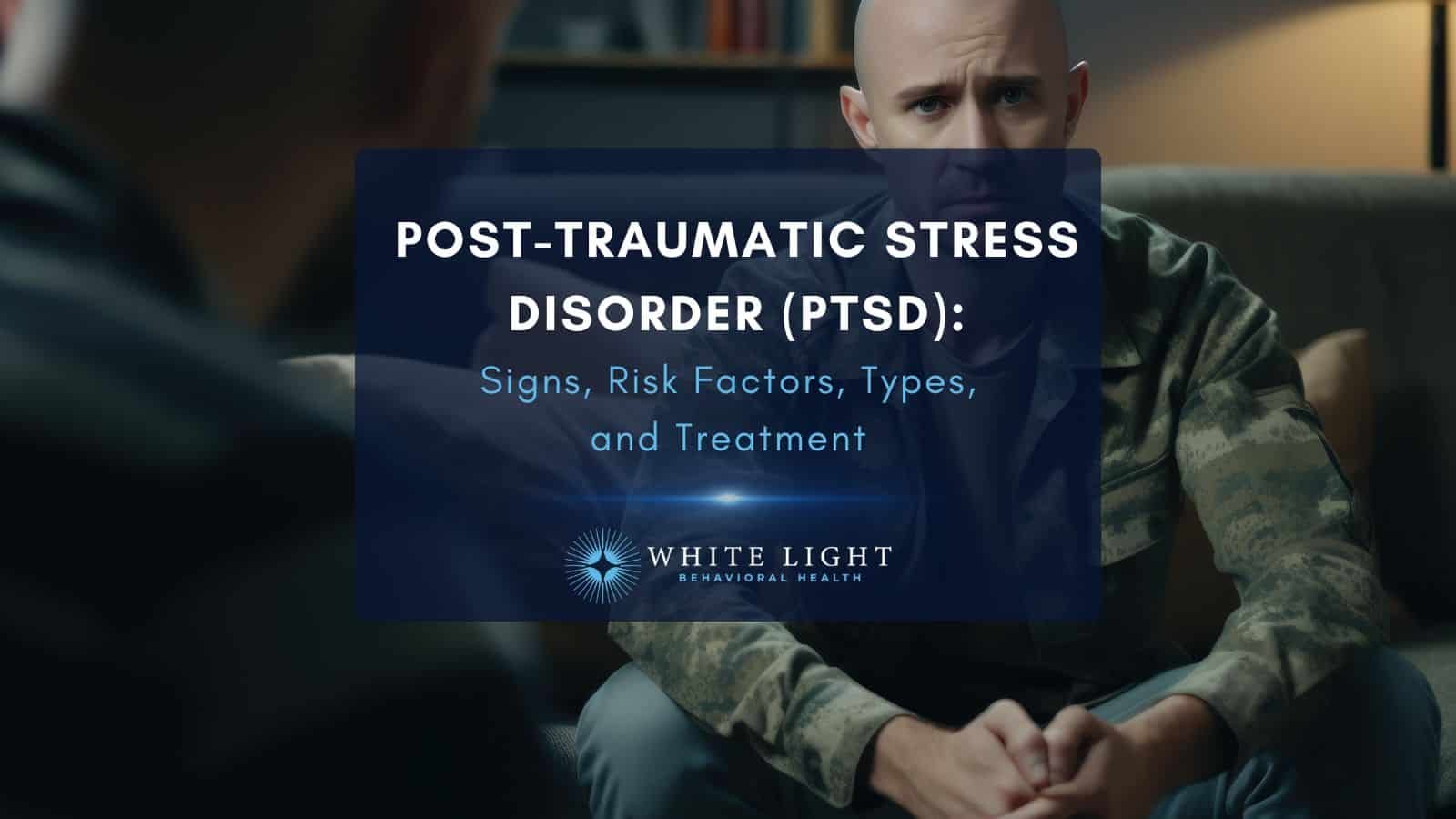In today’s fast-paced and often turbulent socio-political environment, Post-Traumatic Stress Disorder (PTSD) has emerged as a common challenge. Specifically, political stress is increasingly recognized as a significant contributor to PTSD, shaping our understanding of trauma in contemporary society. This article delves into the latest guidelines and treatments for PTSD, highlighting how political stress can influence mental health and exploring promising therapies on the horizon.
What is Political Stress and How Does It Impact PTSD?
Political stress arises from various sources, including media exposure, societal conflicts, and significant political events. It’s a form of stress that can both trigger and exacerbate PTSD symptoms, contributing to mental health issues. With growing awareness, political stress is now acknowledged as a serious factor impacting the mental well-being of many individuals.
The Psychological Impact of Political Events
Political events such as elections, protests, and policy changes can create a significant psychological impact, often leading to stress and trauma. Recent examples include high-tension elections and large-scale protests, which have been linked to an increase in PTSD cases and highlight the necessity for understanding political stress’s role in mental health.
Current Guidelines for PTSD Treatment
The U.S. Department of Veterans Affairs and the Department of Defense have set forth guidelines emphasizing the efficacy of certain psychotherapies over medications for treating PTSD. Two key therapies recommended are Cognitive Processing Therapy (CPT) and Prolonged Exposure (PE), both of which are highly effective in helping individuals reframe traumatic thoughts.
The Role of Mindfulness-Based Stress Reduction (MBSR)
Mindfulness-Based Stress Reduction (MBSR) is also recommended to benefit those with PTSD by reducing stress and improving overall well-being. Incorporating mindfulness practices into daily life can effectively manage stress, including that which is politically induced, paving the way for a more balanced mental state.
Medications for Severe PTSD Symptoms
For individuals experiencing severe PTSD symptoms, medications, particularly selective serotonin reuptake inhibitors (SSRIs) like paroxetine (Paxil), sertraline (Zoloft), and venlafaxine (Effexor), can be prescribed alongside psychotherapy. These medications can help alleviate symptoms when used carefully and monitored by a healthcare provider.
Warnings Against Benzodiazepines
Contrary to some common practices, benzodiazepines, often used for anxiety and sleep, are not recommended for PTSD due to their lack of efficacy and potential harm. These can include negative cognitive changes and reduced effectiveness of PTSD-focused therapies, signifying a need for caution in their use.
The Emerging Role of Psychedelic-Assisted Therapy
Psychedelic-assisted therapy, involving substances like MDMA and psilocybin, has shown promise as an innovative PTSD treatment. Although regulatory hurdles exist, these therapies offer hope for new strategies in managing PTSD symptoms.
MDMA-Assisted Therapy – Current Developments
Recent clinical trials have indicated potentially significant benefits from MDMA-assisted therapy in reducing PTSD symptoms. However, the FDA recently rejected Lykos Therapeutics’ application for this therapy, citing trial design issues and ethical concerns. This highlights the ongoing challenges in fully integrating such therapies into mainstream treatment.
Psilocybin-Assisted Therapy – Exploring the Possibilities
Psilocybin therapy is still in an exploratory phase, with current studies evaluating its feasibility combined with established therapies like CPT. Although there is no published data specifically for PTSD, its impact on co-occurring conditions like depression and anxiety offers promising possibilities.
Challenges in Psychedelic-Assisted Therapy Development
The development of psychedelic-assisted therapies faces significant challenges, including the need for ethically sound and well-designed clinical trials. The FDA plays a crucial role in ensuring these therapies are both safe and effective, guiding future research in this innovative field.
Broader Implications for PTSD Treatments in Political Stress Context
The growth of novel PTSD treatments is especially relevant for those impacted by political stress. A comprehensive approach that combines evidence-based psychotherapy and potentially valid psychedelic therapies could offer new avenues for treating individuals who’ve not found relief through traditional methods.
Hope for Non-Responsive PTSD Cases
While existing therapies help many, a notable portion of patients do not achieve sufficient relief. Continued research and the development of new strategies provide hope for these individuals, promoting an adaptive and forward-thinking approach to mental health care.
Stay informed and explore more about these developments and other related news by visiting FROZENLEAVES NEWS.
“`






